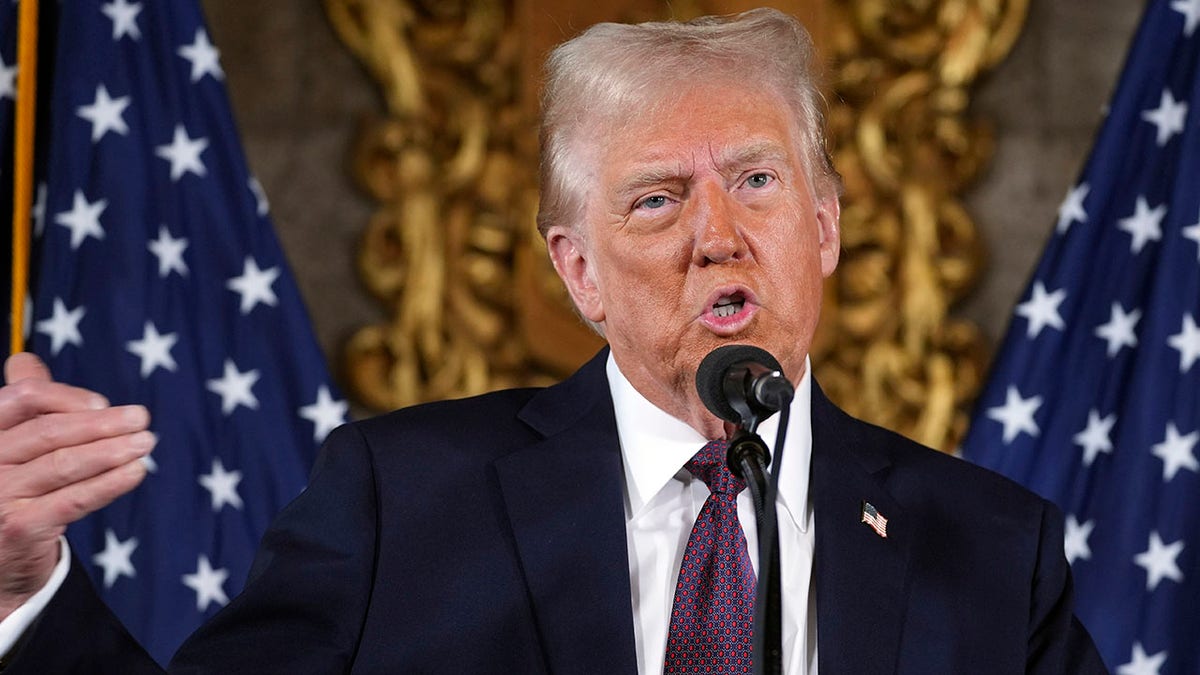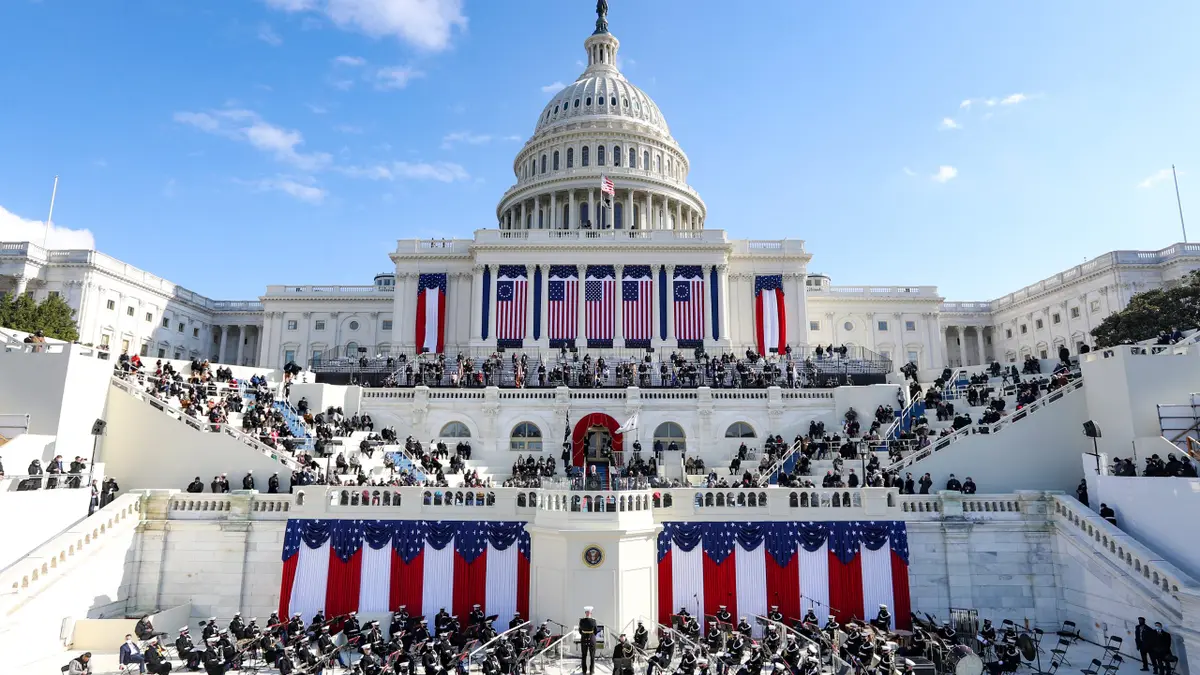A potential FDA regulation aiming to lower nicotine levels in cigarettes is raising concerns about unintended consequences, including a potential boost for organized crime. Experts warn that reducing nicotine content could fuel a black market for traditional cigarettes, benefiting cartels and other criminal organizations.
The FDA recently completed a regulatory review of the proposed rule, "Tobacco Product Standard for Nicotine Level of Certain Tobacco Products." While the rule hasn't been finalized, it's anticipated to significantly impact tobacco regulation in the U.S. The FDA has stated it cannot comment further until the rule is published.
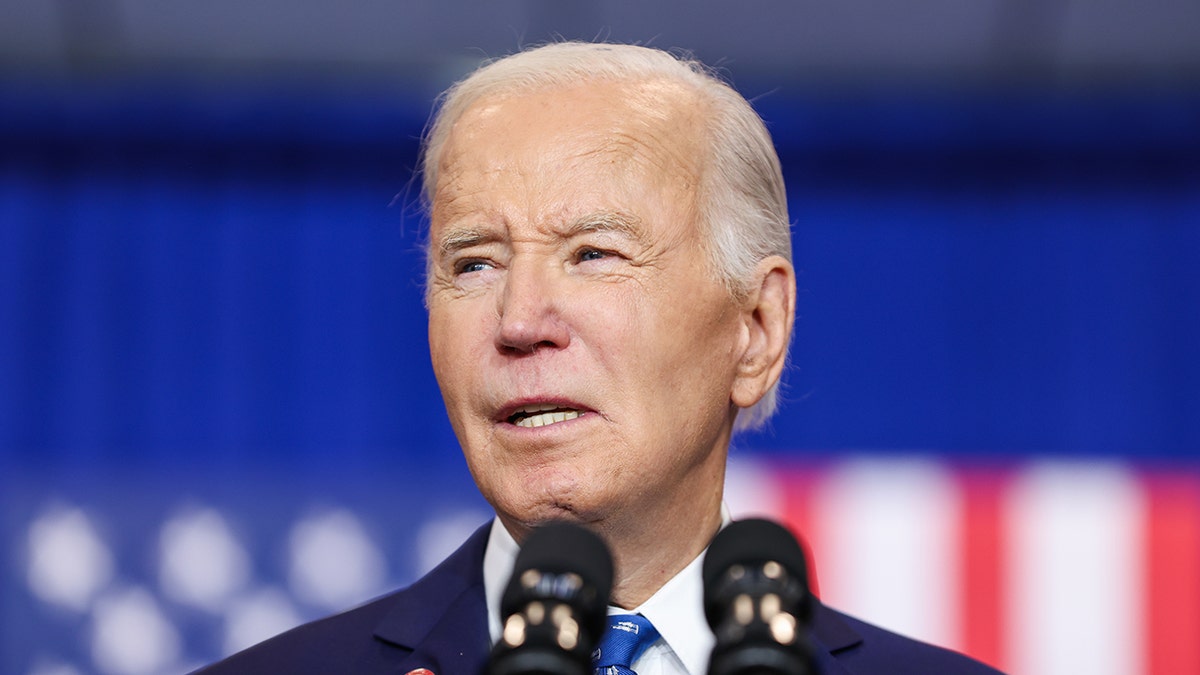
Rich Marianos, former assistant director of the U.S. Bureau of Alcohol, Tobacco, Firearms and Explosives, expressed concern that the proposed rule would be a boon for criminal enterprises, from Mexican cartels to Chinese and Russian organized crime groups. He criticized the lack of consultation with law enforcement, medical professionals, and regulators regarding potential ramifications.
The FDA's authority to regulate tobacco products stems from the 2009 Family Smoking Prevention and Tobacco Control Act. Previous efforts to lower nicotine levels were initiated in 2017 under the Trump administration and continued in 2022 under the Biden administration, with the goal of reducing addiction.

Marianos argues that lowering nicotine levels will drive consumers to seek higher-nicotine cigarettes through illicit channels, enriching criminal organizations and exposing consumers to unregulated products. He also predicts an increase in overall smoking as individuals compensate for lower nicotine content by smoking more.

A 2023 letter from a bipartisan group of senators highlighted the national security threat posed by tobacco trafficking, citing its links to terrorist groups, money laundering, and other criminal activities. The senators emphasized the connection between Mexican transnational criminal organizations involved in drug trafficking and tobacco smuggling.
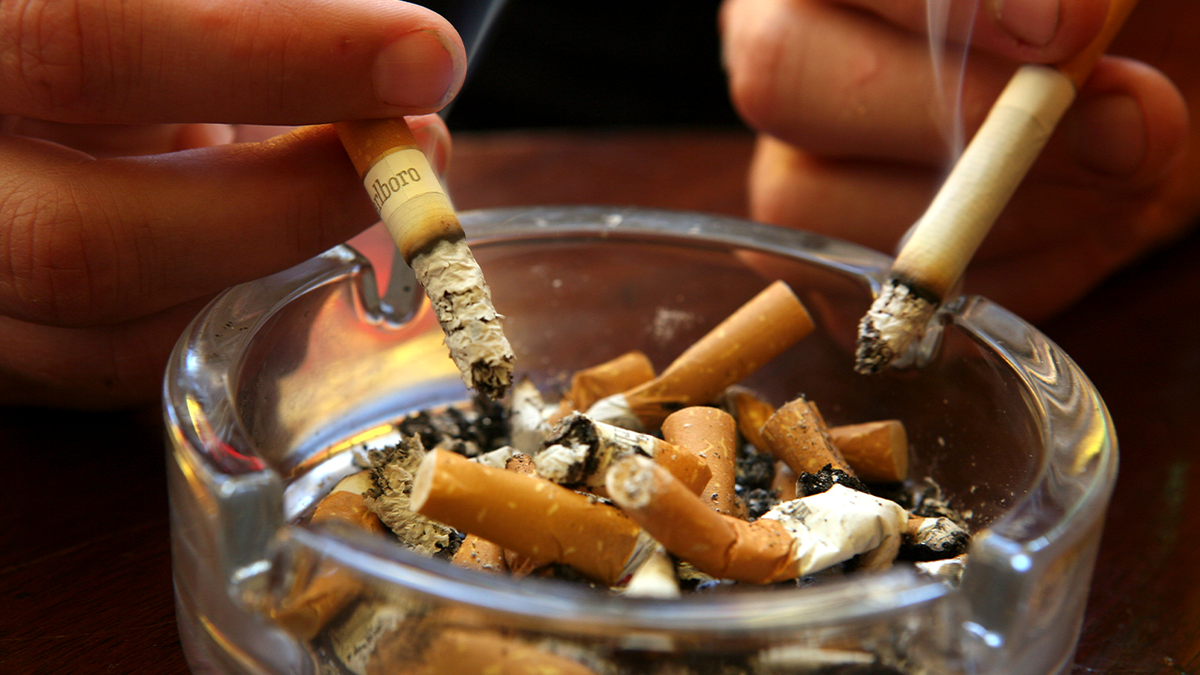
The Biden administration's previous attempt to ban menthol cigarettes was met with public resistance and ultimately delayed. Critics argued that the ban disproportionately affected minority communities and would likely increase illicit menthol sales.
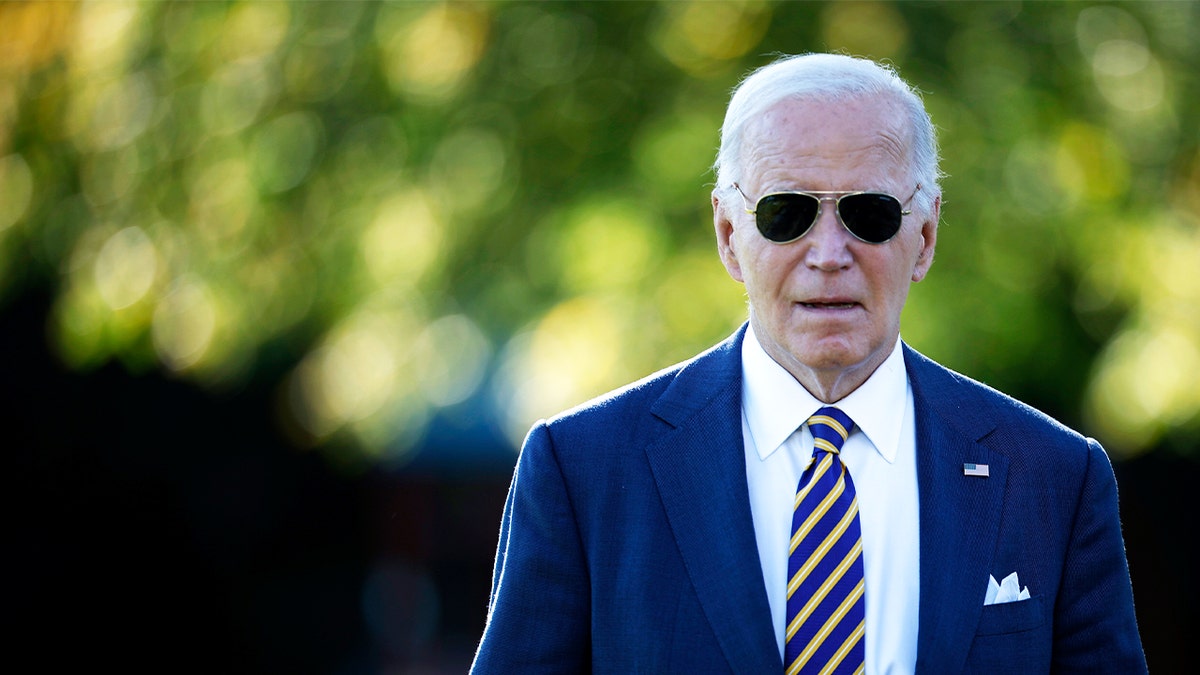
Marianos believes that reducing nicotine levels will counterproductively lead to increased smoking and reduced work productivity as individuals seek more frequent nicotine fixes. He questions the logic of the proposal, given the established health risks associated with smoking.





